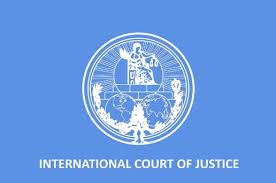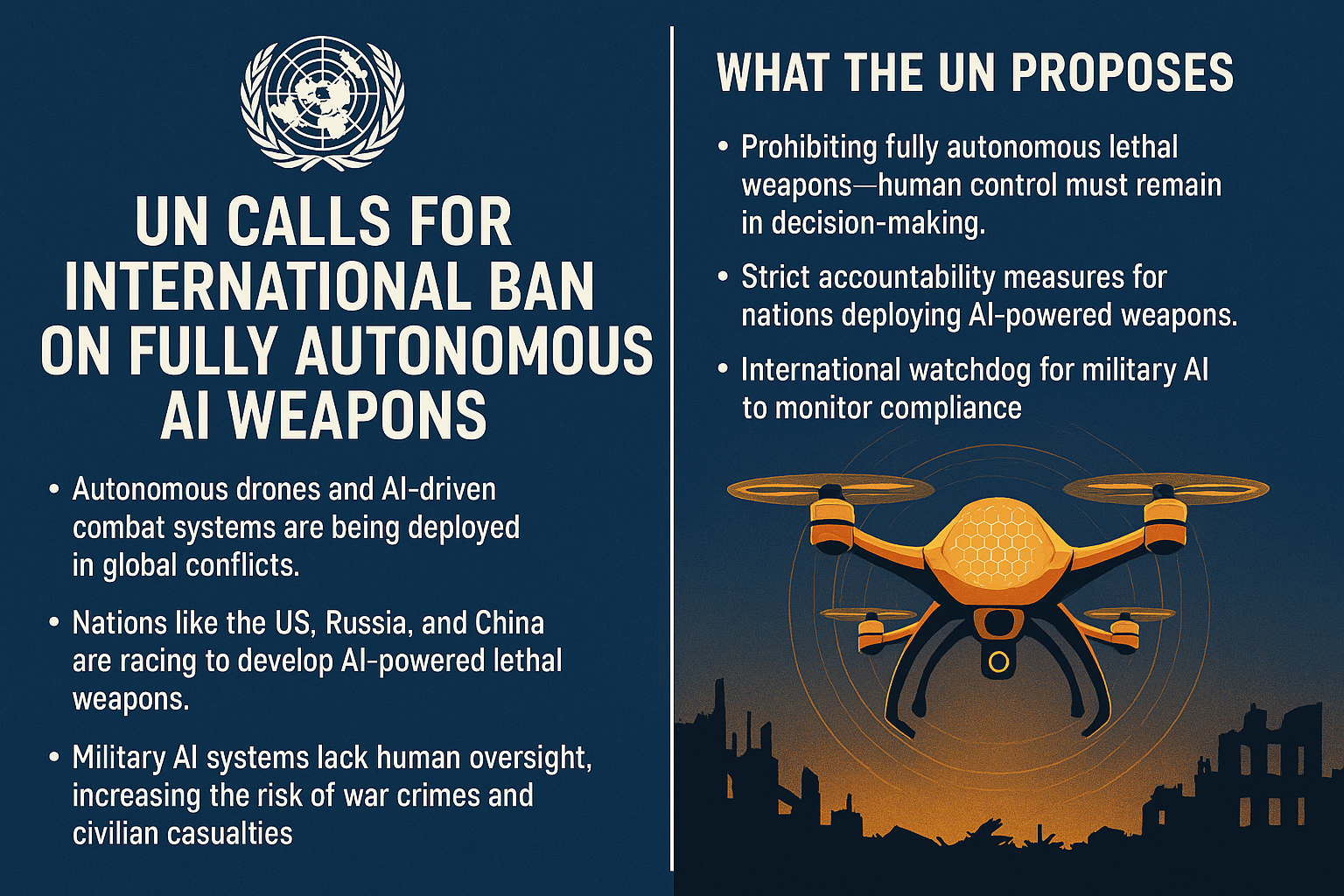– Introduction under International Law Blogs
Introduction to International Law
What is International Law?
International Law is the set of rules, agreements, and treaties that govern relations between sovereign states and other international actors such as international organizations. It provides a framework to regulate their conduct in areas like diplomacy, trade, war, human rights, and environmental protection.
Unlike domestic law, which is enforced within a country, international law primarily relies on the consent of states and mechanisms like diplomatic negotiation, arbitration, and sometimes enforcement by international bodies.
Why is International Law Important?
Peace and Security: Prevents conflict by providing rules on the use of force and peaceful resolution of disputes.
Cooperation: Facilitates cooperation on global issues like climate change, trade, and public health.
Human Rights Protection: Sets standards for the treatment of individuals regardless of nationality.
Orderly Conduct: Provides predictability in international relations through rules and agreements.
Key Principles of International Law
Sovereign Equality: All states are equal under international law regardless of size or power.
Non-Intervention: States must not interfere in the internal affairs of other states.
Pacta Sunt Servanda: Agreements must be kept; treaties are binding.
Peaceful Settlement of Disputes: Disputes should be settled by negotiation, mediation, or arbitration rather than force.
Respect for Human Rights: States have obligations to protect fundamental rights.
Sources of International Law
Treaties and Conventions: Formal agreements between states.
Customary International Law: Practices accepted as law due to consistent state behavior and belief in legal obligation.
General Principles: Fundamental principles common to major legal systems.
Judicial Decisions and Teachings: Decisions of international courts and scholarly writings guide interpretation.
Case Law Illustrations
1. The Corfu Channel Case
Facts: In the 1940s, British warships struck mines in Albanian waters, causing damage and casualties.
Issue: Whether Albania was responsible under international law for failing to warn ships of danger.
Decision: The court held Albania liable, affirming the principle of state responsibility for wrongful acts in its territory.
Significance: Established that states have duties to ensure safety in their territorial waters and bear responsibility for breaches.
2. The Nicaragua Case
Facts: Nicaragua accused the United States of supporting rebels to overthrow its government.
Issue: Whether US actions violated principles of non-intervention and use of force.
Decision: The court found the US violated international law by intervening and supporting armed opposition.
Significance: Reinforced respect for sovereignty and prohibition of force in international relations.
Challenges in International Law
Enforcement: Lacks a global police; compliance depends largely on consent and reciprocity.
Sovereignty vs. Intervention: Balancing respect for sovereignty with protecting human rights and preventing aggression.
Fragmentation: Multiple legal regimes can create complexity and conflicts.
Changing Global Dynamics: Rapid developments in technology and global issues challenge existing laws.
Conclusion
International Law is vital for maintaining order and justice in the global arena. Through principles, treaties, and jurisprudence, it strives to balance the interests and sovereignty of states with the collective good of humanity. While enforcement challenges exist, international law remains the foundation for peaceful coexistence and cooperation among nations.


























0 comments